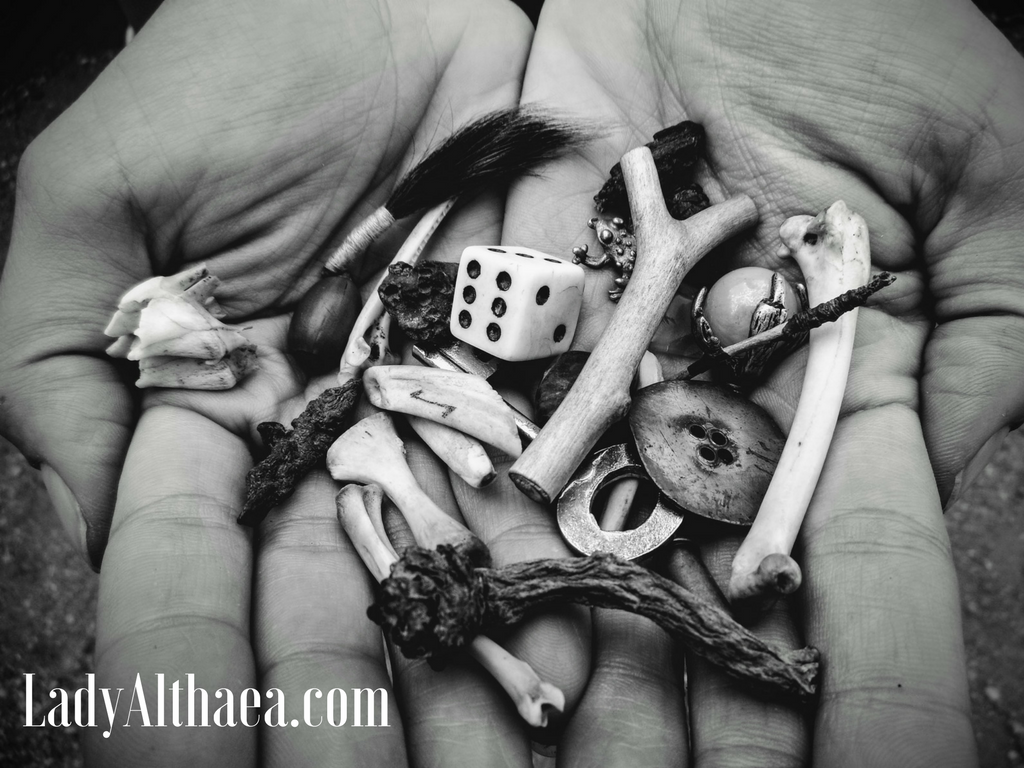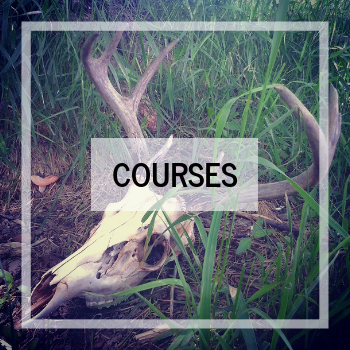10 Tips for Becoming a Magickal HerbalistHerbalism is one of those things that is so inexorably tied up with witchcraft that it's hard, if not impossible, to imagine anyone with a magickal practice who doesn't have at least a passing interest in herbs. There are few places on our world that don't have plants, and the potential to use them to create changes in our lives, warding off the unwanted and helping us to attract what we desire, is something that has enticed humanity throughout the ages. Even within medicinal herbalism, there is still that feel of mystery and magick surrounding the herbs and the gentle results they bring about. Herbalism, both magickal and medicinal, is a multilayered modality that accommodates both beginner and expert alike, with a simple approach being just as feasible and rewarding as more complicated clinical herbal research. There is, perhaps, a greater simplicity in magickal herbalism than medicinal herbalism, but it can still seem no less daunting of a field within which to get started and learn. In no specific order, here are ten tips to help you on your way to becoming a magickal herbalist.
1 1/2 tsp Bay Leaves 1/2 tsp Spearmint 1/2 tsp Peppermint 1/2 tsp Thyme 1/2c Olive Oil 1/6c Grapeseed Oil 1 TBS Beeswax Solar and Venusian herbs to make the wearer more confident and appear more attractive, with a Mercurial herb for eloquence. For aiding first impressions and making others more easily influenced by the wearer. Apply to hands and throat. Works well for making a good first impression, by phone and in person, however, it does not have the desired compelling properties as a second function. As you can see, it's not overly complicated, and this recipe has specific amounts (whereas I normally use proportions, e.g 3 part Bay Leaves, 1 part Spearmint, etc, with one part being whatever unit makes sense, this may be a teaspoon one time, 1/4 teaspoon the next.) But, the important thing is that everything is there: I have a record of my work, what my intention was with this herb craft, and whether or not the outcome followed the desired goal (in this case, it did, but I ended up wanting the salve to have a wider range of uses, to that end it did not work.) This allows me to look back at this recipe, tweak it, and make it again to better suit my intended use, or leave it as is if it did work out as planned or if I liked the unintended use it was better suited to. And if I had an allergic reaction to the salve, this allows me to better identify which ingredient(s) were the cause and to avoid that ingredient(s) in the future. In time, this record becomes a teaching guide, showing you where you made mistakes and how to avoid them in the future. To this end, it's important to write down any insights you have to the nature of certain herbs, any messages you receive from specific plants to what their uses are, ideas you have for recipes, different techniques you come across for making particular herb crafts,** and your experience in trying out those techniques.
For more information you may find helpful, check out the HerbCraft section of the Articles page. *Oh, so many wonderful different herb crafts to learn and make: incense, incense papers, hydrosols, lotion, natural oils (which can be made with essential oils and/or dried or fresh herb matter,) ointments (aka salves,) powders, sachets (aka gris-gris, herb bags, charm bags, mojo bags, etc,) soap, teas (aka brews, which can be made by infusion or decoction,) and tinctures. Way too many to learn all at once. Give yourself six months to a year to be a competent herbalist. ** For example, there are six different ways to make natural oils, one of them being absolute garbage, one being okay but not producing the best quality finished oil, one that takes weeks, one that takes hours, and one that uses just essential oils -no dried herb matter. 6/14/2019 11:15:05 am
Thanks for the tip on buying a food-safe cast iron cauldron, it's good to know that some can actually contain lead. I have been buying Pagan supplies online in preparation for experimenting with herbalism. I also liked that you suggested to not use a microwave to steep herbs in oil. Comments are closed.
|
Throwing the BonesStay ConnectedThank you!You have successfully subscribed. Archives
January 2023
|



